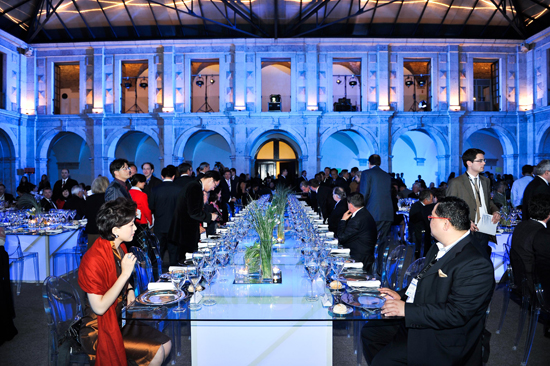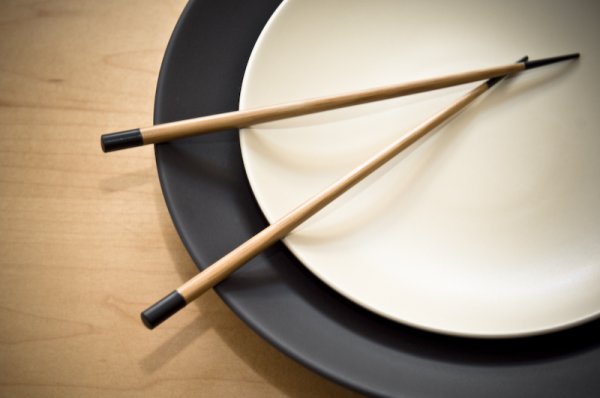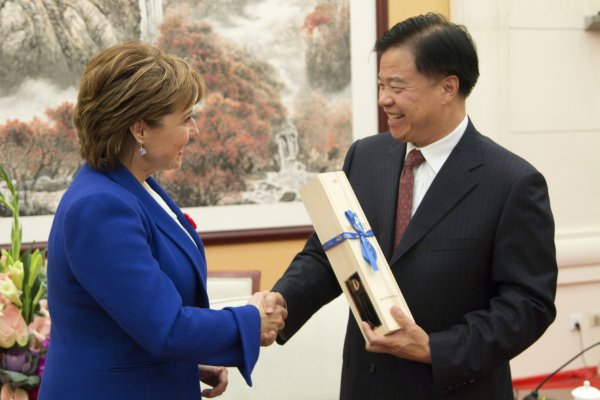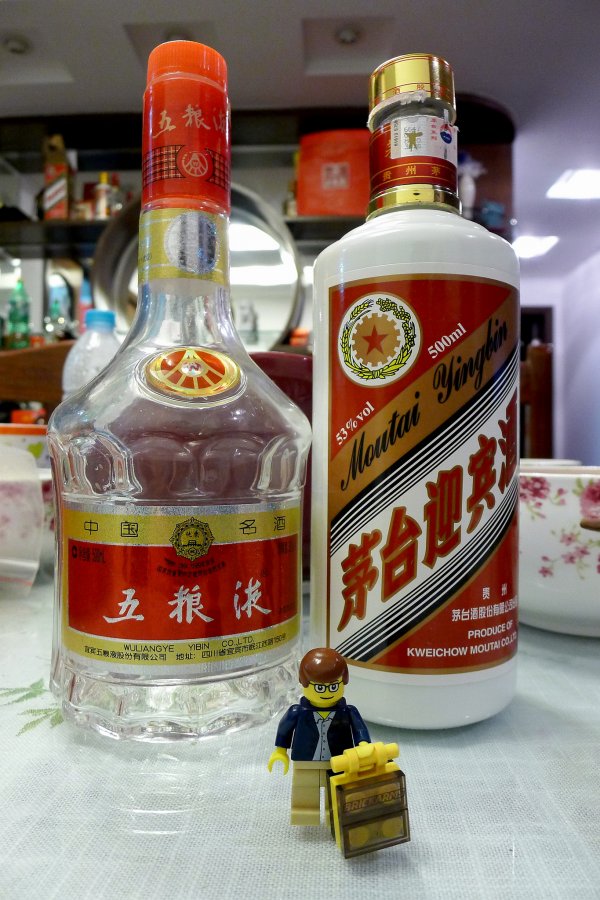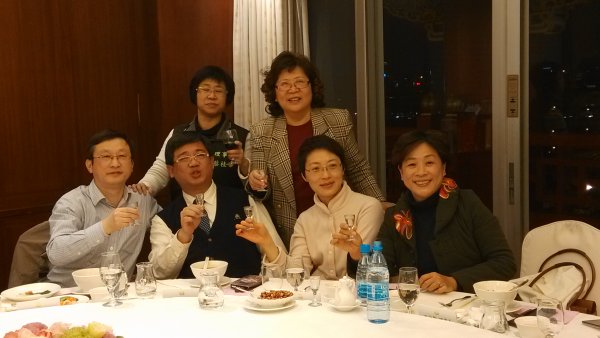Business Culture: Business Entertaining
Activities
After a long and sometimes exhausting day of meetings and negotiations, your Chinese counterpart will most likely invite you to a business dinner or event. Business lunches are becoming more common in China, but the business dinner is the main type of networking event for visitors. While business relationships will often remain formal during after-hours socializing, it will still give you a chance to learn more about your counterpart, as well as to explore a number of regional dishes. The typical business dinner will occur between 7 and 10pm, and will usually take place at the senior Chinese businessperson's favorite restaurant. Dinner will typically start off quietly, until drinks have been consumed and the table gets livelier.
While some kinds of Chinese food are international staples, many visitors will get the opportunity to try something they've never heard of before. Your business destination will influence your choices, as Chinese food is comprised of four major regional cuisines. In northern cities, such as Beijing, Shandong cooking takes center stage. This type of food is usually very hearty, including dishes such as Peking duck and Mongolian hot pot (the Chinese version of a Western fondue meal), with the staples of noodles and steamed bread. In the south, such as in Guangzhou, Cantonese food is popular. This cuisine includes animals such as snake and dog, as well as wonton noodle soup, the many small-plate dishes of dim sum, and lightly cooked meats and vegetables. In the eastern city of Shanghai, rich and pickled foods are dominant. Other specialties in this area include "red" cooking, spare ribs, seafood, and hot-and-sour soup. In the west, such as in Szechwan, spicy foods with chili are popular. Some of these types of dishes include kung pao chicken and dan dan noodles.
Visitors will most likely be offered maotai, the national drink, a strong spirit made from distilled rice wine. If you want a lighter drink, consider a local beer, such as Tsingtao, or a glass of rice wine. If you don't drink alcohol, ask for a specialty Chinese tea or soda.
Etiquette
Plan to arrive to most social engagements at the stated time. Most Chinese businesspeople will want to entertain at a public restaurant, rather than in their homes. When dining out, s/he who extends the invitation is the host, and pays the bill; splitting the check is not common. Tipping is not commonplace in all of China, but service charges may be added to the bill. However, if you dine in a tourist location, such as at a hotel frequented by many Western visitors, a tip may be appreciated.
All visitors should learn how to use chopsticks before going to China. The guest of honor will usually tell you where to sit, and you should wait for the host to eat first. Try everything you are offered, but never eat the last item on the serving tray. Return the chopsticks to the chopstick rest between bites, while you drink, and while you speak. Do not stand your chopsticks upright in a bowl of rice, as this is a gesture reserved for funerals. Hold the rice bowl close to your mouth while eating, and place all bones on the table or in a special bone bowl. It is common for Chinese diners to belch or slurp, as these are not considered rude table manners, but rather signs of enjoying the meal. Be prepared to be around people clearing their throats loudly, spitting in public, and smoking cigarettes.
Consider it an honor if you get a rare invitation to your Chinese counterpart's home for dinner. If you have to decline, explain exactly why you cannot attend, which saves face—best to avoid the appearance of simply not wishing to dine with your would-be host. Arrive on time and remove your shoes at the front door. Always bring a small gift to the hostess. Appropriate gifts include food or liquor from your country, and gifts in the number of eight, the luckiest Chinese number. Avoid bringing one of many gifts that are taboo in China. They include any cutting utensils (scissors or knives), flowers (associated with funerals), clocks, straw sandals, and handkerchiefs. Wrap the gift in red or gold paper, but never in white, blue, or black paper. Present the gift with both hands. Never give four of anything, as this is the unluckiest number. You may also give gifts to your business associates, but not to government employees.
Dinner conversation topics may include questions about your family or hometown. Ask questions about the different types of food, Chinese ink drawings you may see, and other cultural arts. Do not bring up anything politically related, such as the communist system, the Tibetan or Taiwanese independence movements, or international perceptions of the Chinese human rights record.
The Chinese dress for business dinners as they do in the office: in conservative, modest business suits. Women visitors should reserve high heels for diplomat-hosted formal events, and choose low or flat shoes otherwise to socialize with colleagues.
Article written for World Trade Press by Kerrie Main.
Copyright © 1993—2025 World Trade Press. All rights reserved.

 China
China 